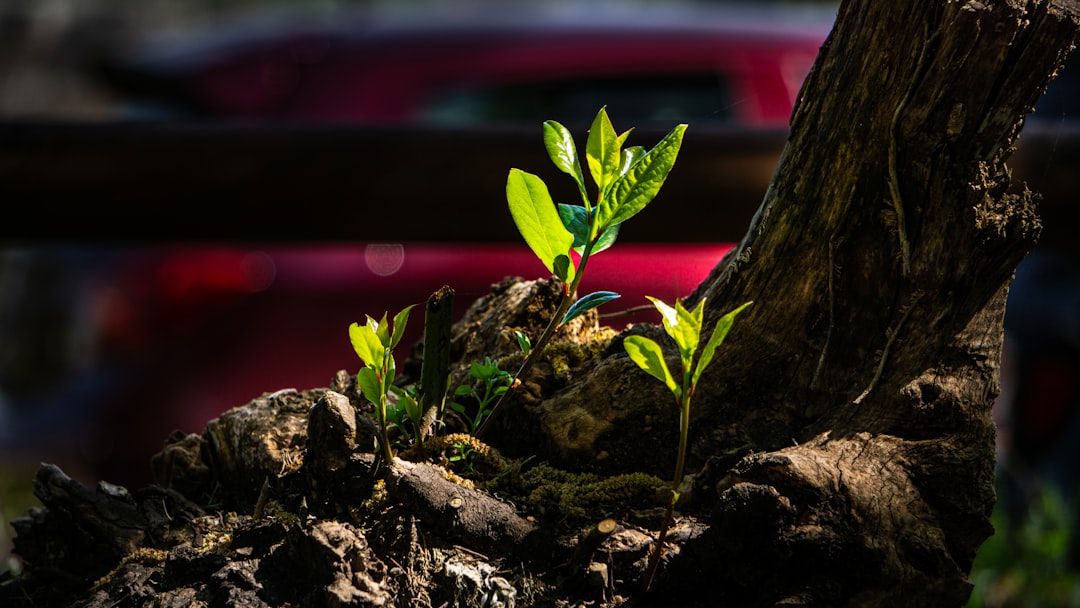
When it comes to gardening, many people assume that a garden needs to be bathed in sunlight all day long to thrive. However, there is a hidden beauty in creating a shade garden. A bold shade garden plan, like the one we're about to explore, offers a unique opportunity to cultivate a space filled with gorgeous foliage and flowers that don't demand a large amount of sun.
One of the key advantages of a shade garden is the variety of plants that can be incorporated. Hostas, for example, are a staple in shade gardens. These plants come in a wide range of sizes, from tiny miniatures to large, dramatic specimens. Their leaves can be solid green, variegated with white or yellow, or even blue - green. Hostas not only add texture and color to the garden but also have a long growing season. They start to emerge in the spring, unfurling their beautiful leaves, and remain attractive well into the fall.
Ferns are another excellent choice for a shade garden. There are numerous types of ferns, each with its own distinct appearance. Maidenhair ferns have delicate, lacy fronds that add an air of elegance to the garden. Ostrich ferns, on the other hand, are larger and more robust, creating a bold statement. Ferns thrive in the cool, moist conditions typically found in shade gardens. They require little maintenance once established and can spread slowly over time, filling in empty spaces.
For those who want a splash of color in their shade garden, impatiens are a popular option. These annual flowers come in a rainbow of colors, including pink, red, purple, and white. Impatiens are known for their ability to bloom profusely in shady areas, providing a continuous display of color from early summer until the first frost. They are also relatively easy to care for, requiring only regular watering and occasional fertilizing.
Another colorful addition to a shade garden is the bleeding heart plant. With its heart - shaped flowers that dangle from arching stems, the bleeding heart is a truly unique and charming plant. It blooms in the spring, adding a touch of romance to the garden. Bleeding hearts prefer rich, moist soil and partial to full shade. Once established, they can come back year after year, becoming a beloved part of the garden.
When planning a shade garden, it's important to consider the layout. Grouping plants together based on their height, color, and texture can create a visually appealing design. For example, taller plants like ferns and some hostas can be placed in the back of the garden bed, while shorter plants like impatiens and smaller hostas can be placed in the front. This creates a sense of depth and dimension.
Soil preparation is also crucial for a successful shade garden. Shade gardens often have soil that is rich in organic matter due to the fallen leaves and debris that accumulate over time. However, it's still a good idea to add compost or well - rotted manure to the soil before planting. This helps to improve the soil structure, retain moisture, and provide essential nutrients for the plants.
Watering is another important aspect of shade garden care. While shade gardens generally require less water than sunny gardens, they still need to be watered regularly, especially during dry spells. A soaker hose or drip irrigation system can be a great way to ensure that the plants receive a consistent supply of water without getting the foliage wet, which can lead to disease.
In conclusion, a bold shade garden plan offers a world of possibilities. With the right selection of plants, proper layout, and good care, you can create a beautiful and serene garden that thrives in the shade. Whether you're a seasoned gardener or just starting out, don't overlook the potential of a shade garden. It's a wonderful way to add a touch of nature's beauty to your outdoor space, even in areas with limited sunlight.
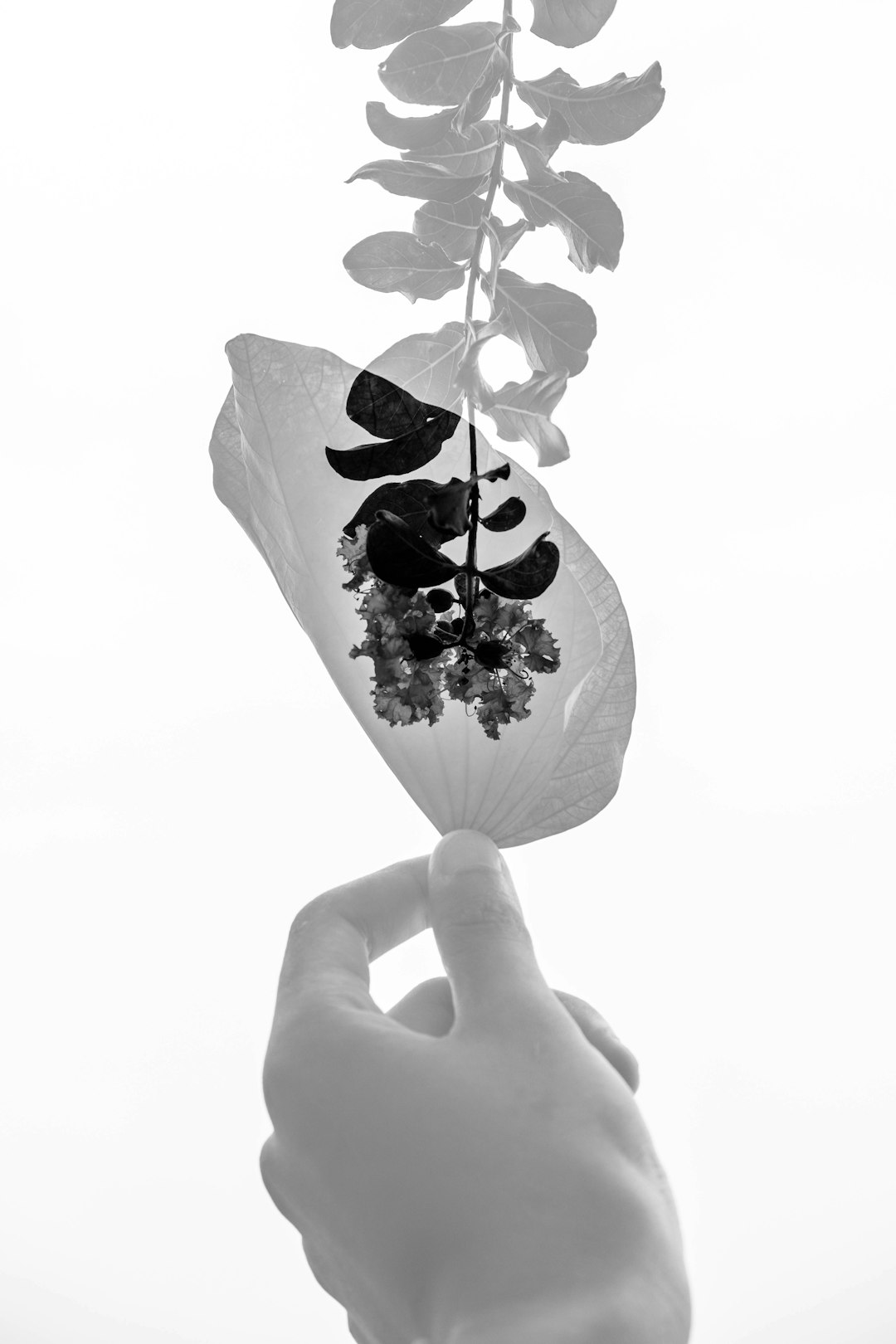
The Secret to Squirrel - Free Potted Plants
The Secret to Squirrel - Free Potted Plants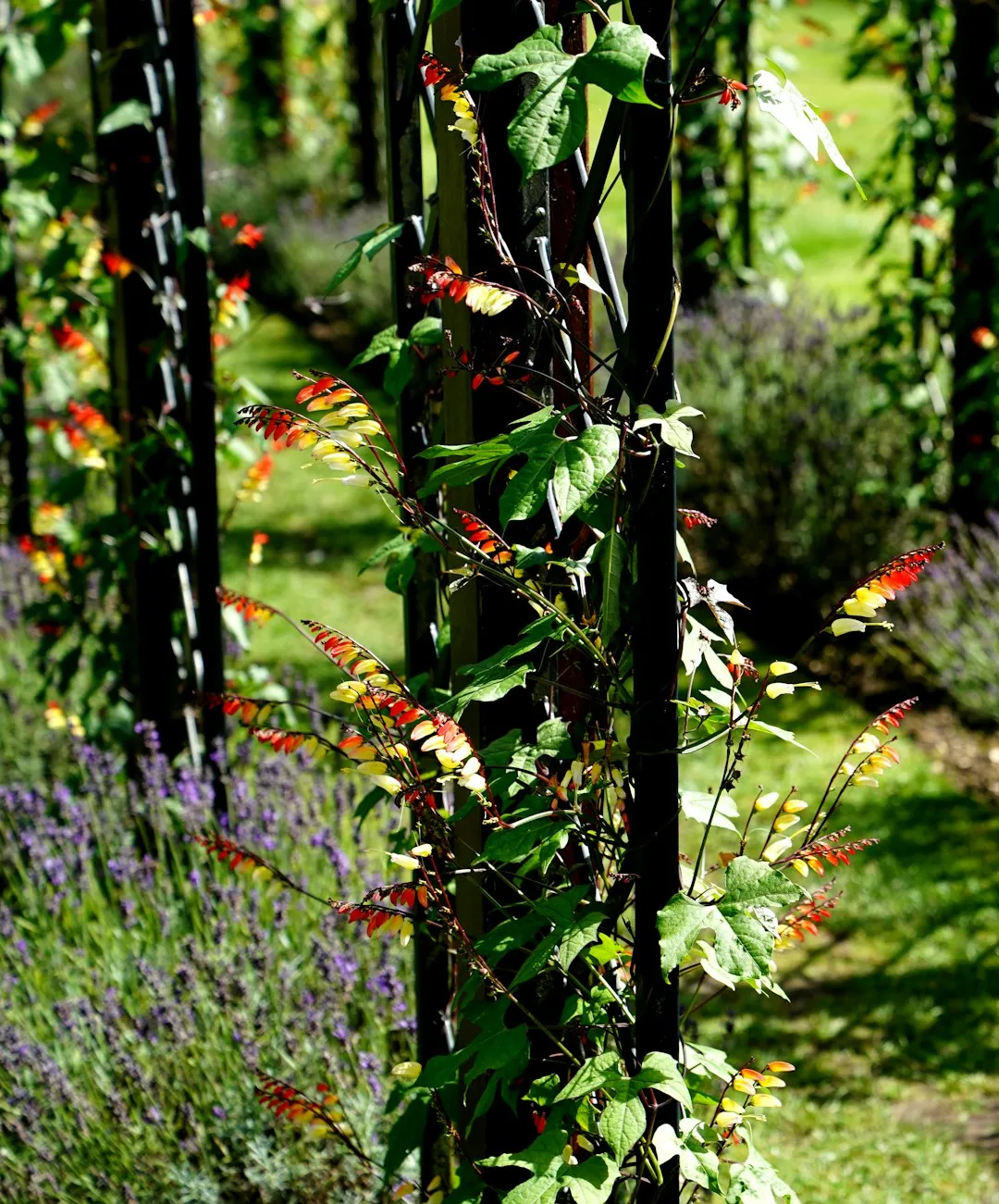
Sweet Rewards: Cultivating Berries in Containers
Sweet Rewards: Cultivating Berries in Containers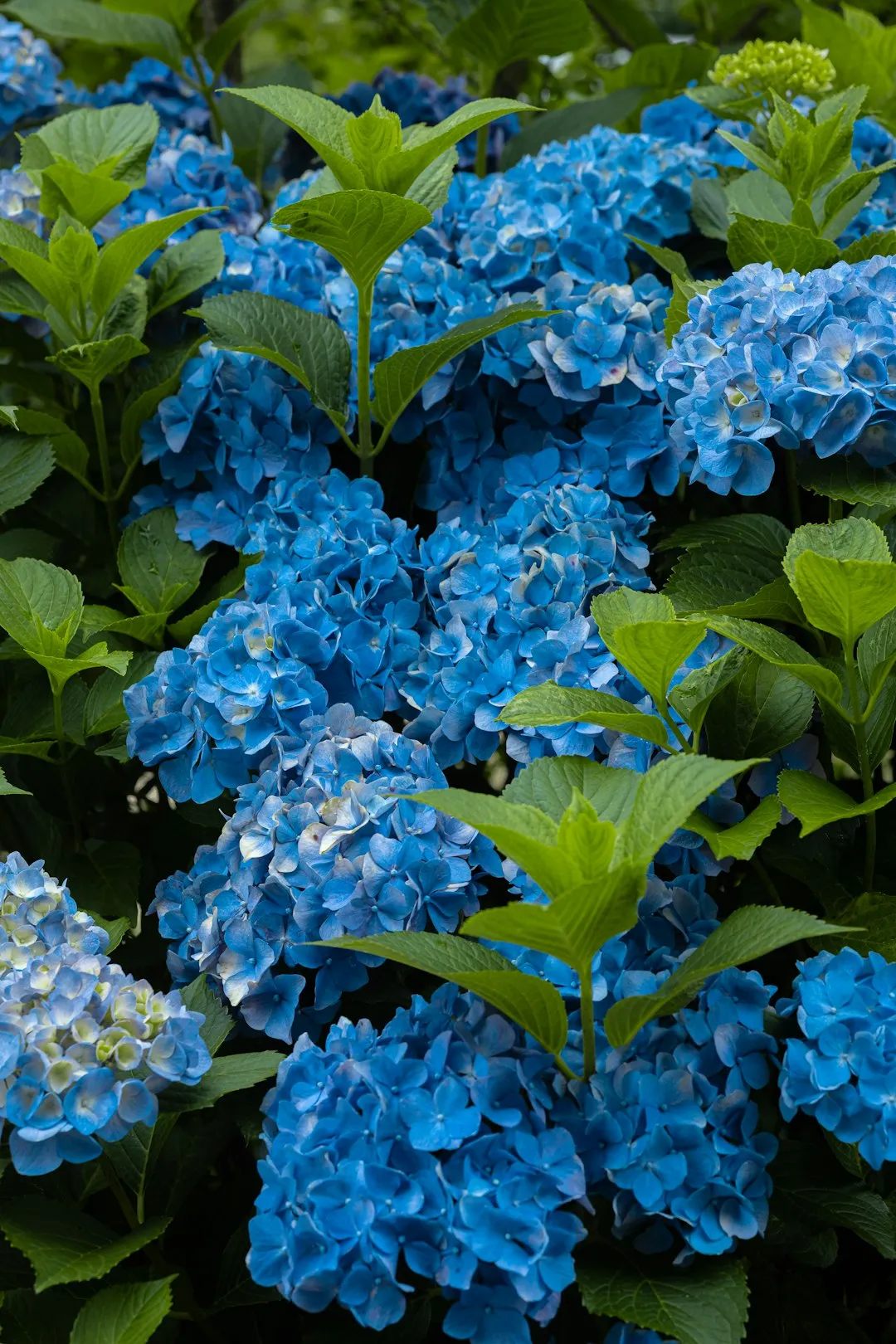
Unveiling the Secrets of a Stunning Lawn
Unveiling the Secrets of a Stunning Lawn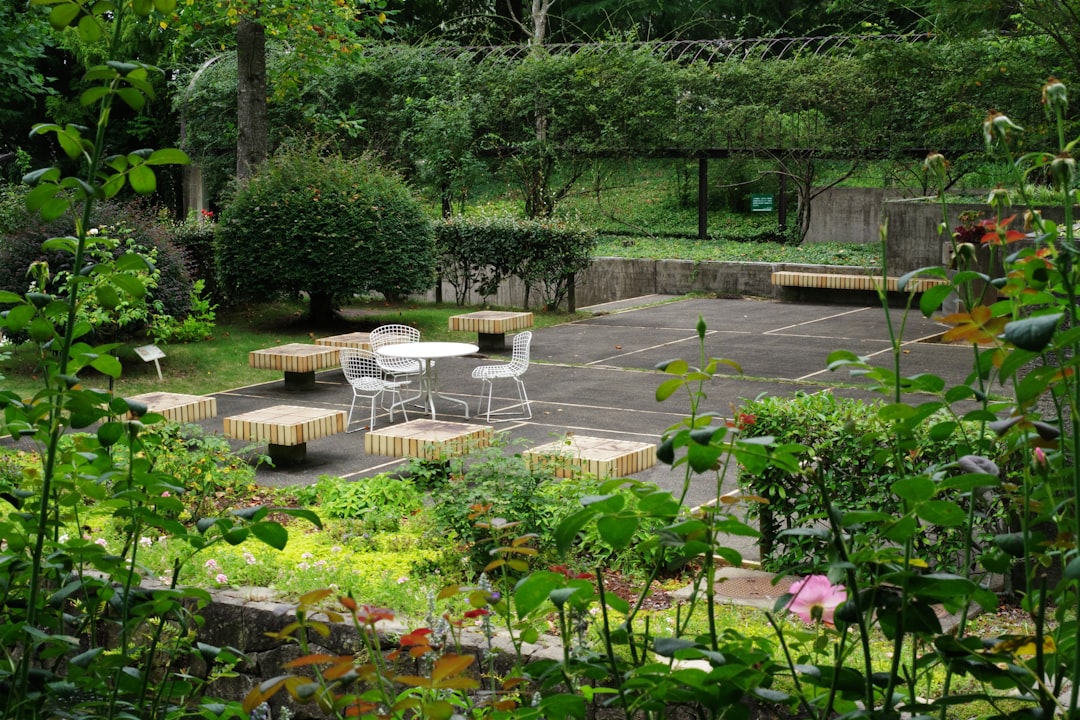
Fall Lawn Maintenance: The Key to a Healthy Yard in Winter
Fall Lawn Maintenance: The Key to a Healthy Yard in Winter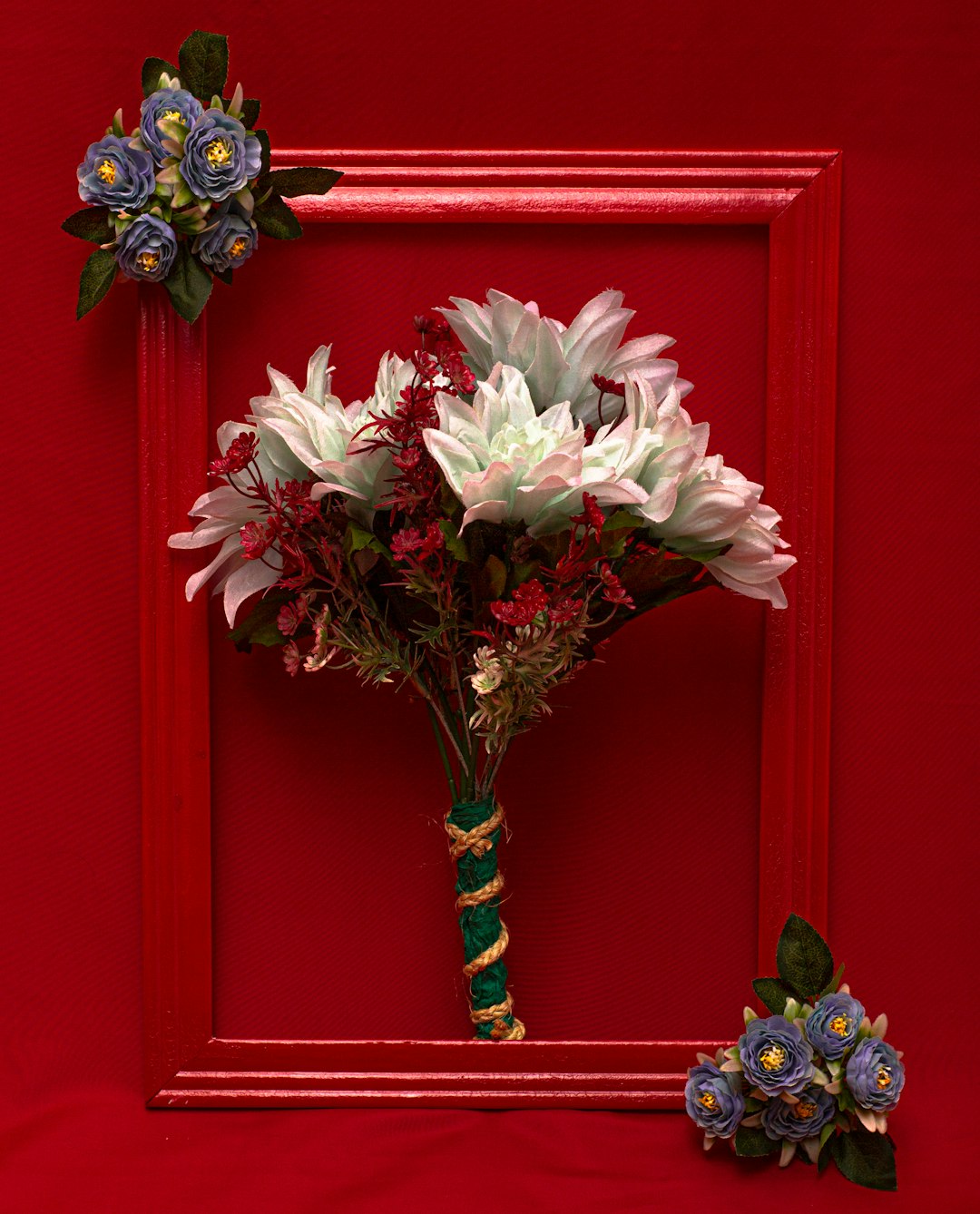
The Secret to Soil Amendment Without Uprooting Your Plants
The Secret to Soil Amendment Without Uprooting Your Plants
Unleash Your Garden's Potential: The Art of Seed Collection
Unleash Your Garden's Potential: The Art of Seed Collection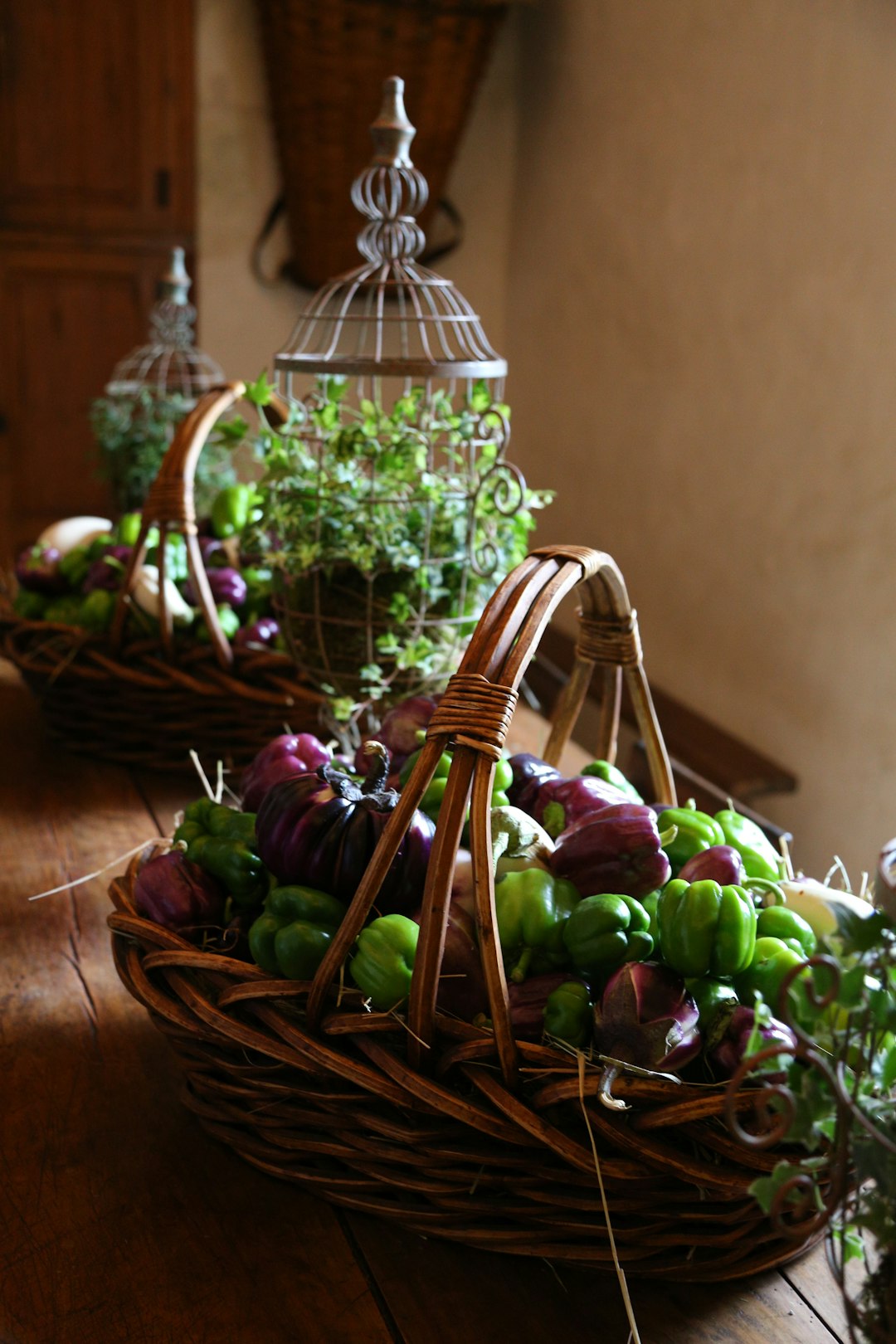
Pre - Summer Yard Care Essentials
Pre - Summer Yard Care Essentials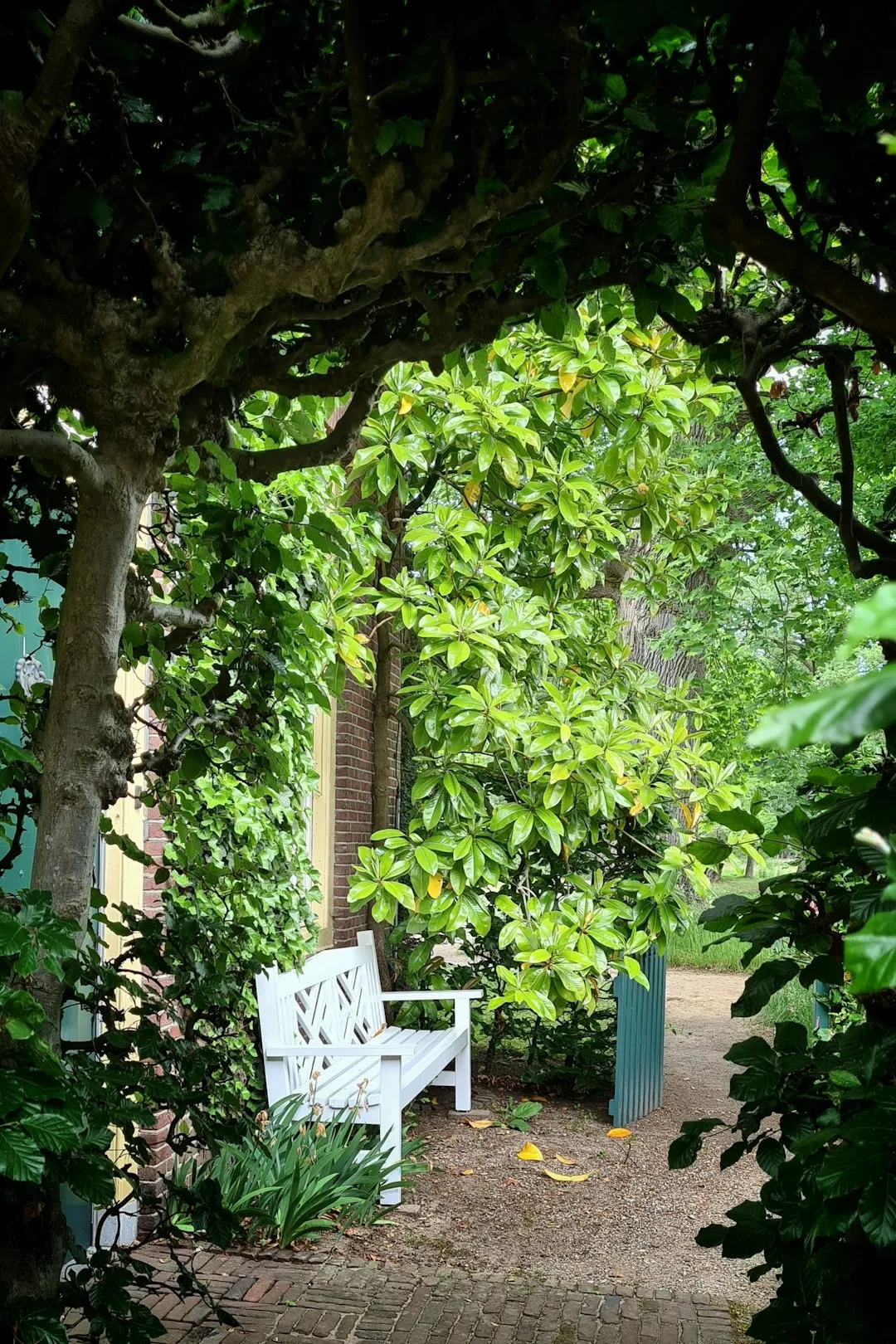
Weathering the Storm: Nurturing Your Garden in Extreme Conditions
Weathering the Storm: Nurturing Your Garden in Extreme Conditions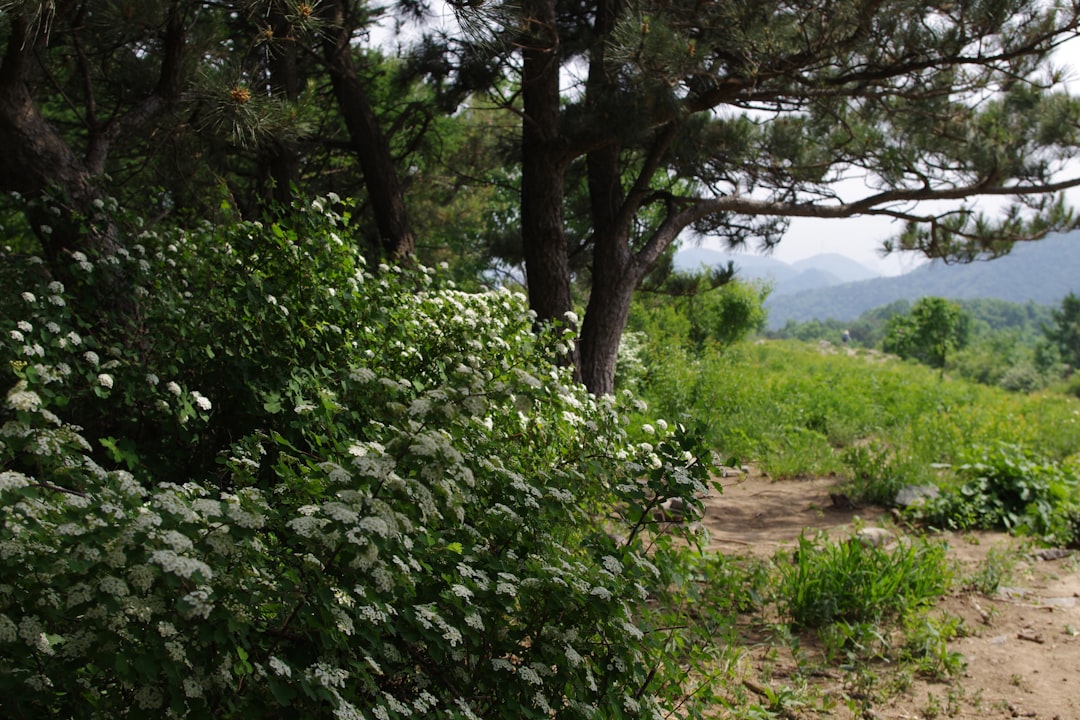
Summer Pruning: The 10 Flowering Plants to Leave Alone
Summer Pruning: The 10 Flowering Plants to Leave Alone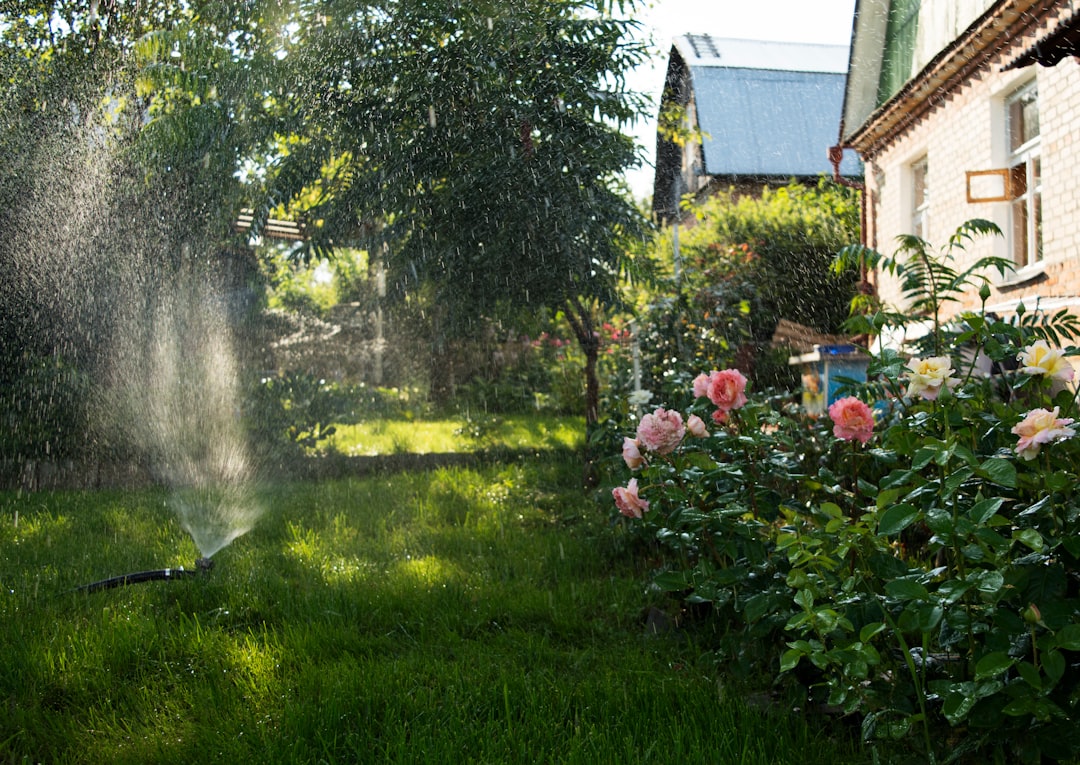
Unveiling the Hidden Gems of Perennial Gardening
Unveiling the Hidden Gems of Perennial Gardening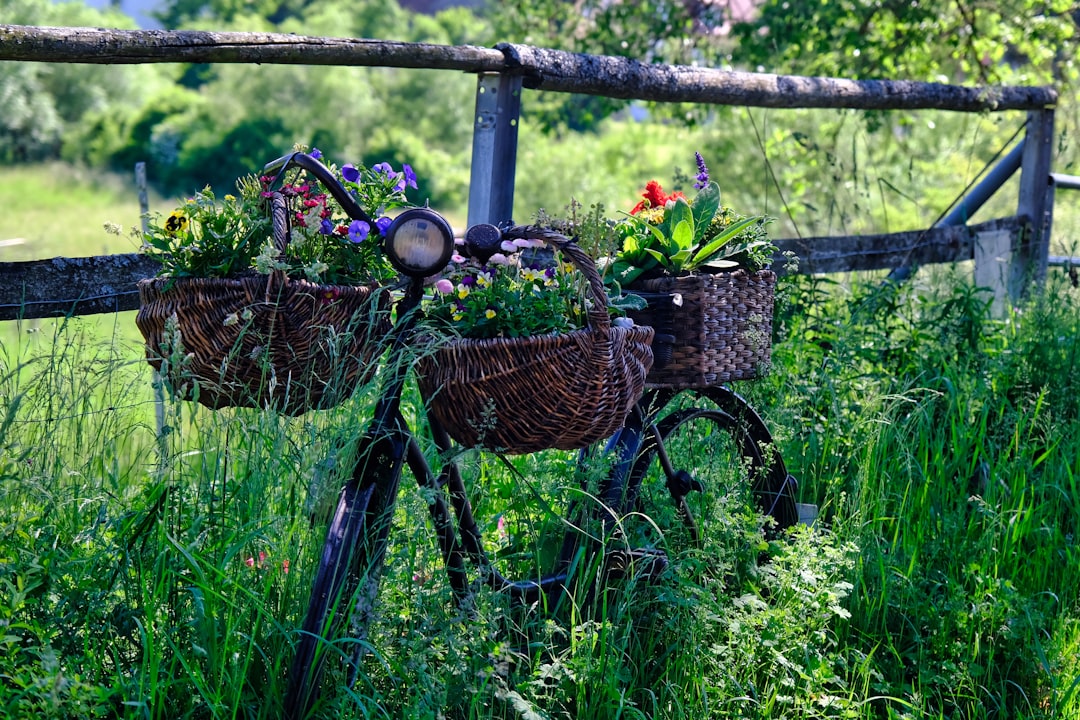
Unleashing the Beauty of Perennial Black - Eyed Susans in Your Garden
Unleashing the Beauty of Perennial Black - Eyed Susans in Your Garden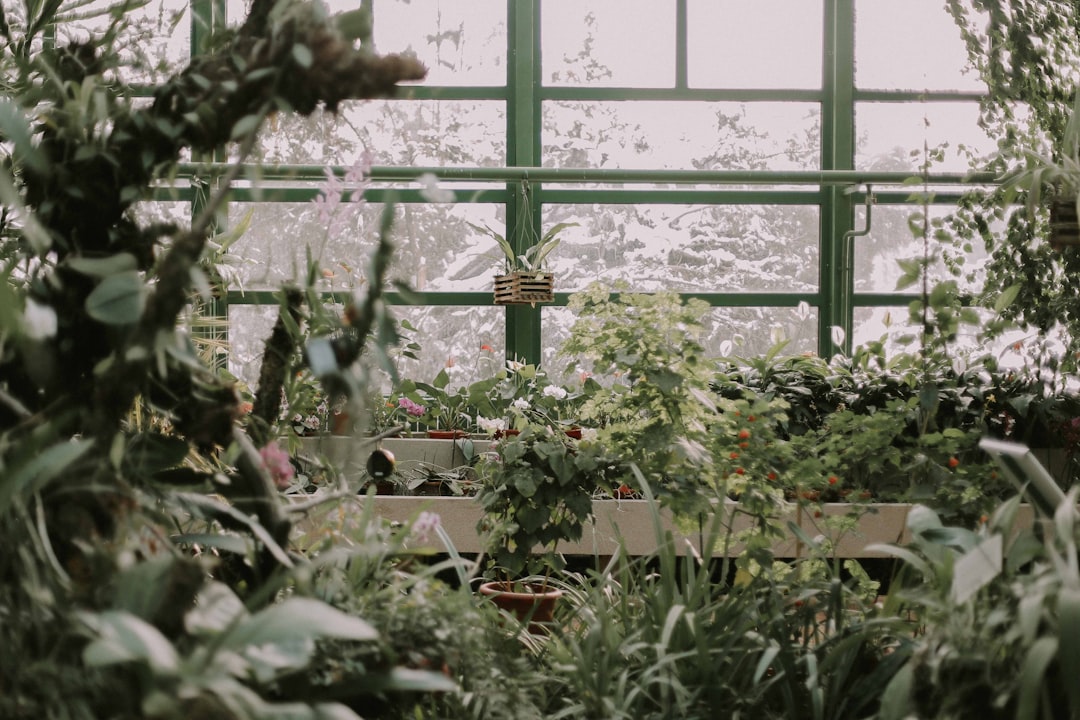
Unveiling the Secrets of Trillium Growth
Unveiling the Secrets of Trillium Growth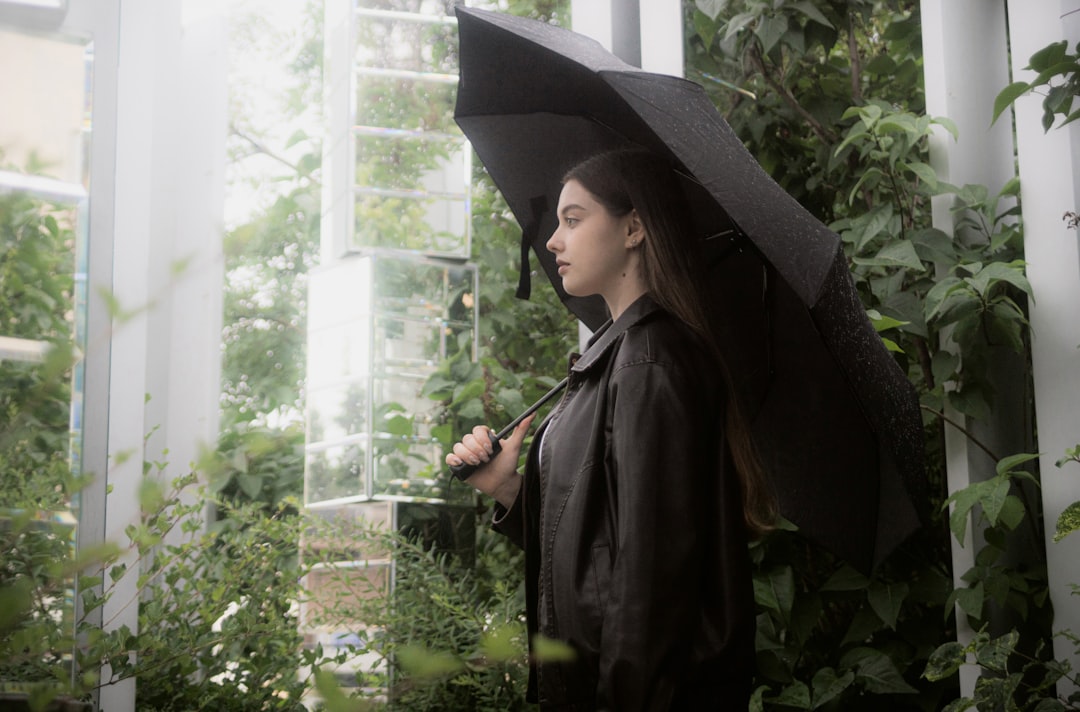
The All - Season Charm of Sedum Plants
The All - Season Charm of Sedum Plants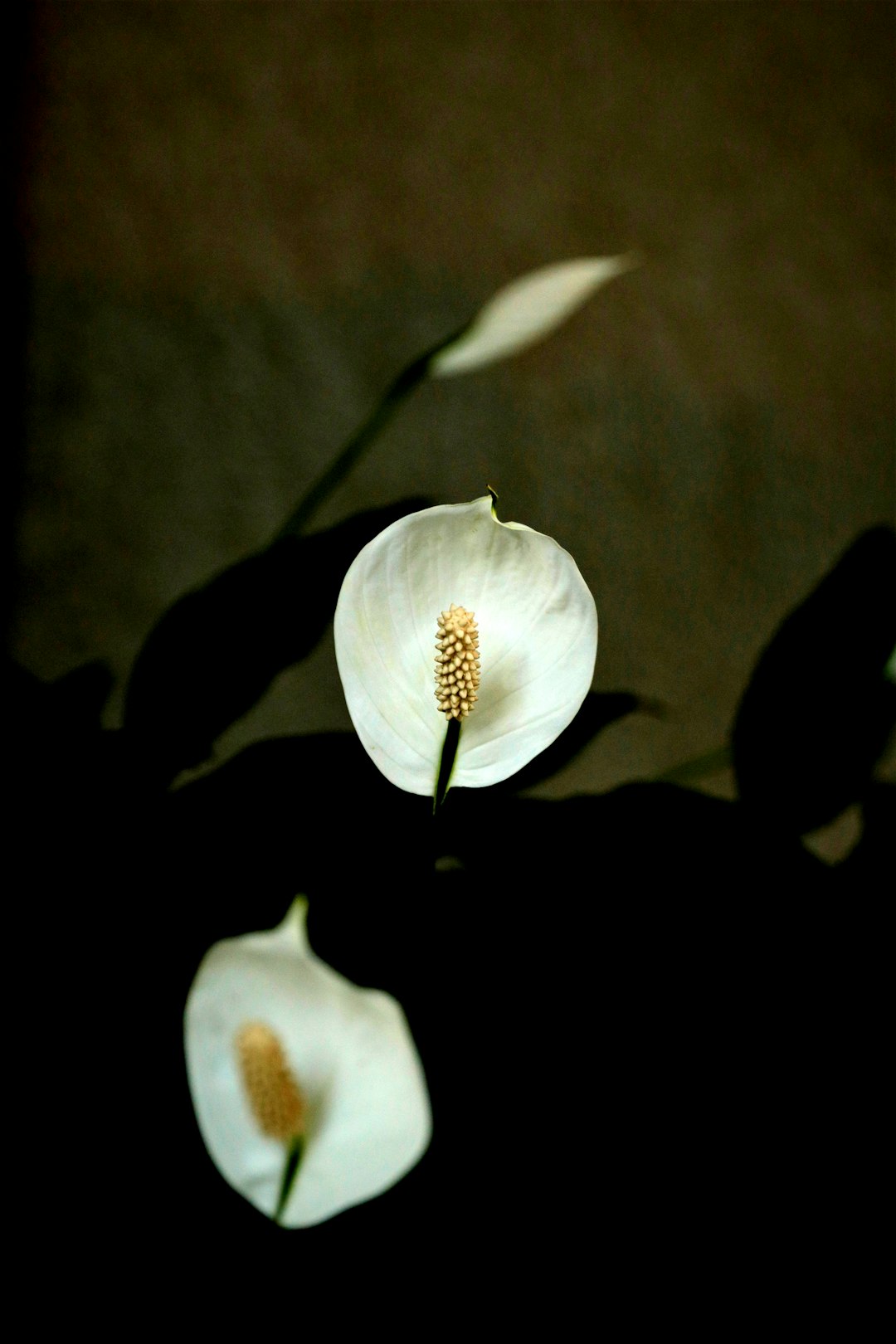
Banishing Snakes from Your Yard: Simple Solutions
Banishing Snakes from Your Yard: Simple Solutions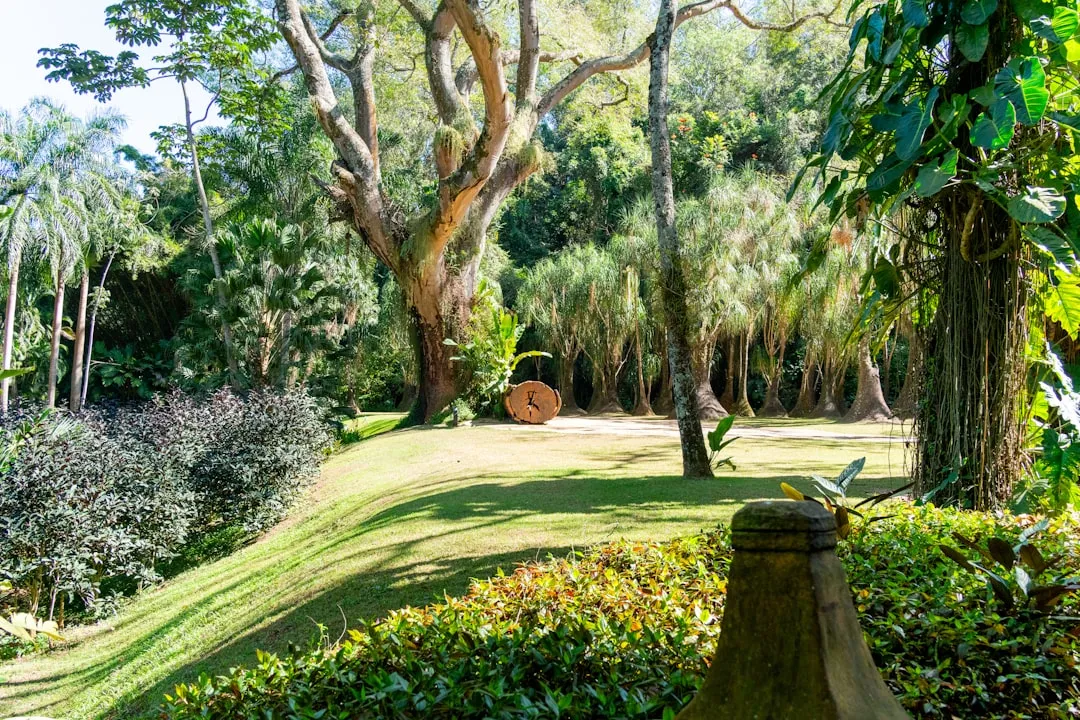
Secrets to a Bug - Free Garden: Conquering Squash Bugs Naturally
Secrets to a Bug - Free Garden: Conquering Squash Bugs Naturally
Transform Your Yard: Banish Crabgrass for Good
Transform Your Yard: Banish Crabgrass for Good
Unveiling the Wonders of a Low - Sun Garden
Unveiling the Wonders of a Low - Sun Garden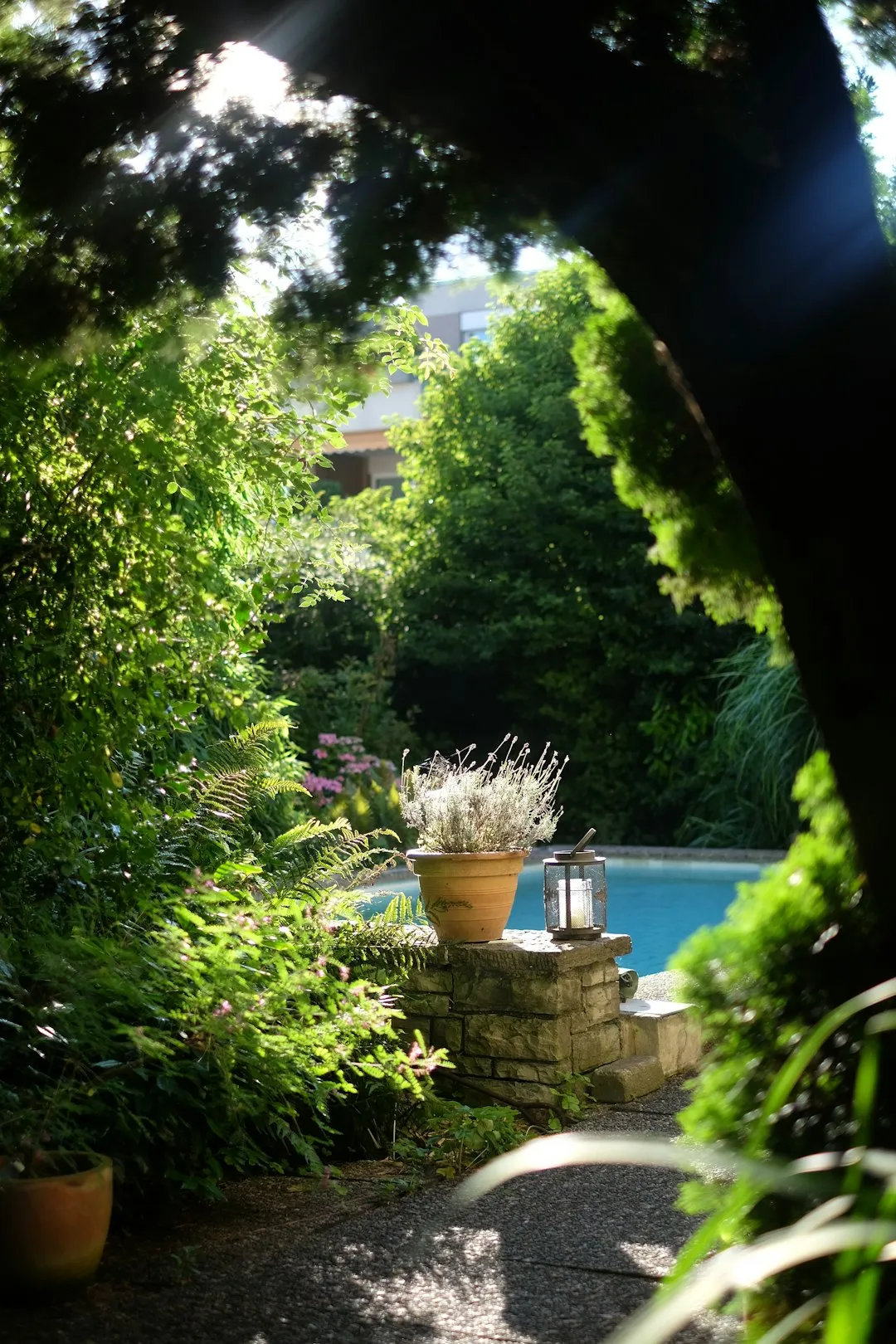
Unleash Your Garden's Potential: The Magic of Lasagna Gardening
Unleash Your Garden's Potential: The Magic of Lasagna Gardening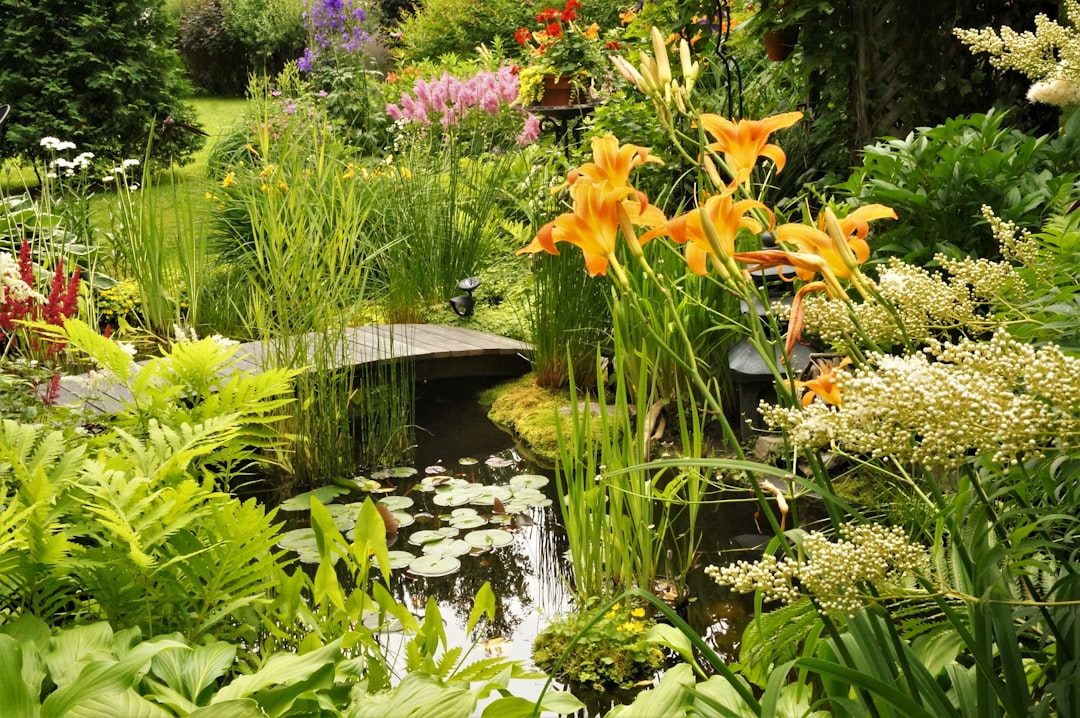
Unveiling the Mysteries of Lunar Gardening
Unveiling the Mysteries of Lunar Gardening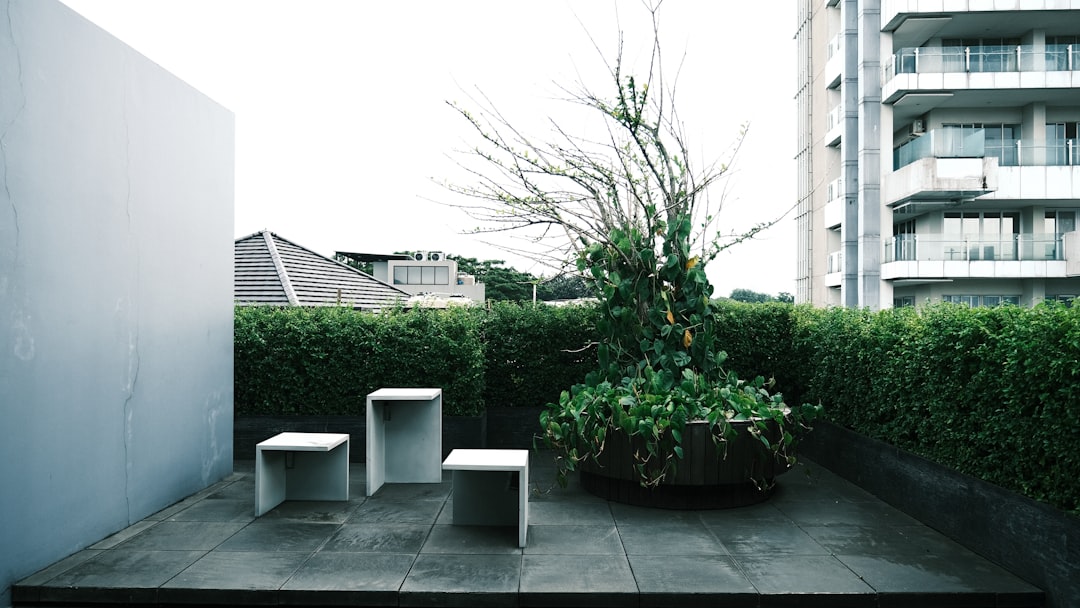
Unleash Your Inner Herbalist: A Guide to Indoor Herb Gardening
Unleash Your Inner Herbalist: A Guide to Indoor Herb Gardening